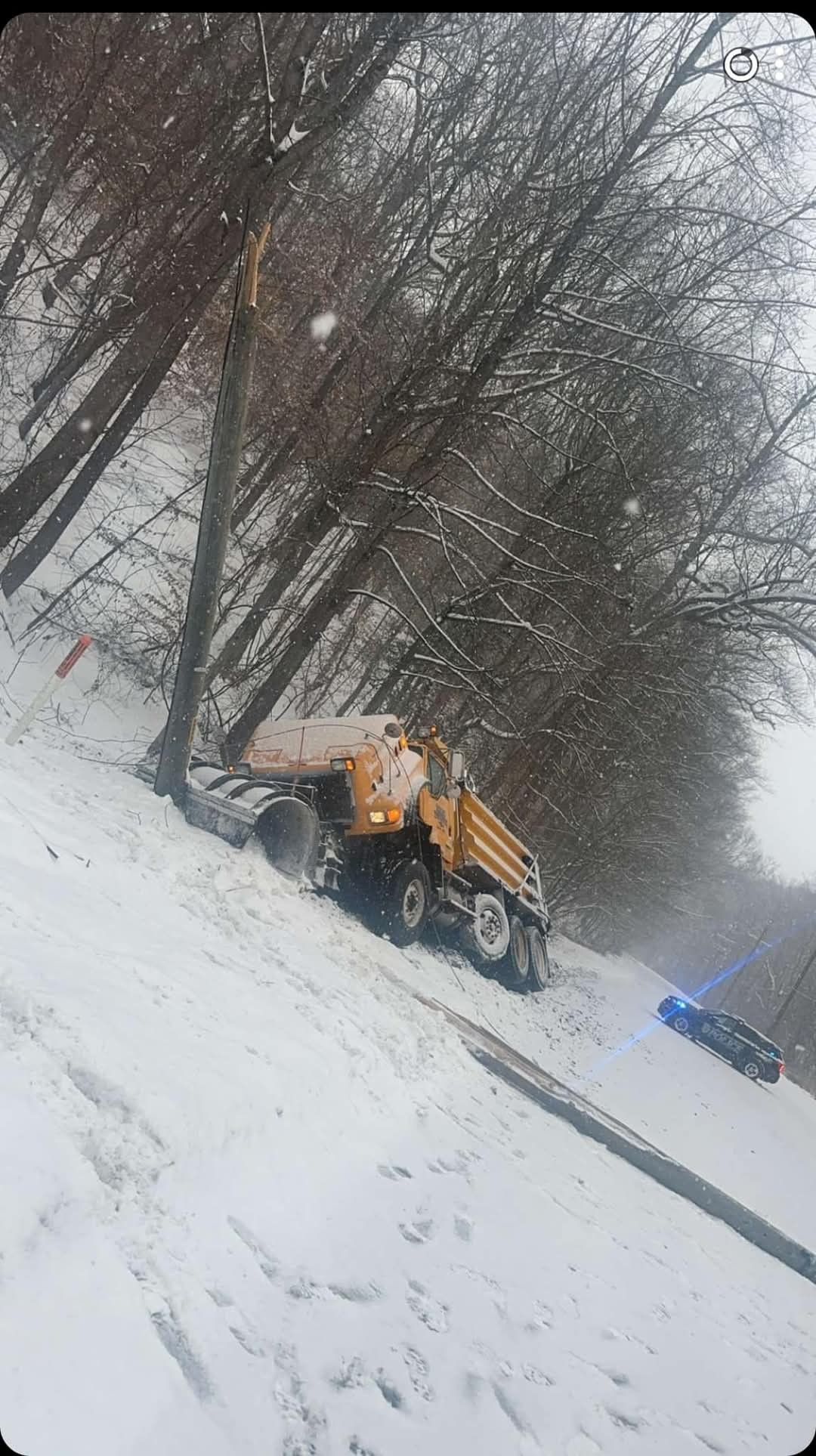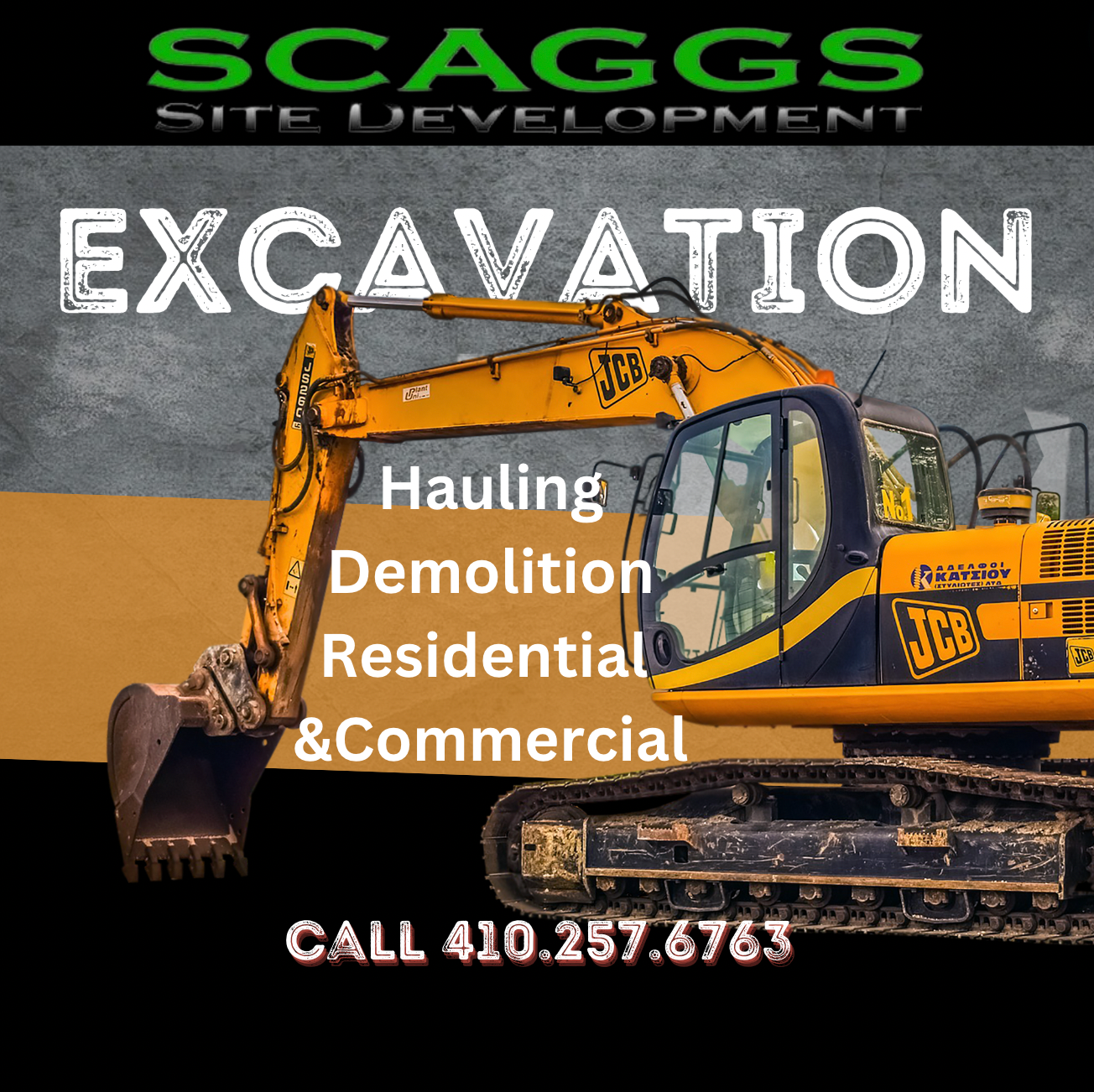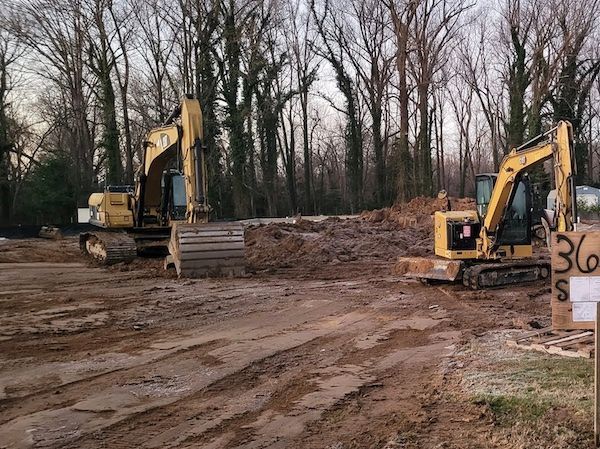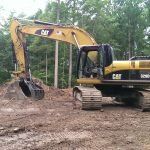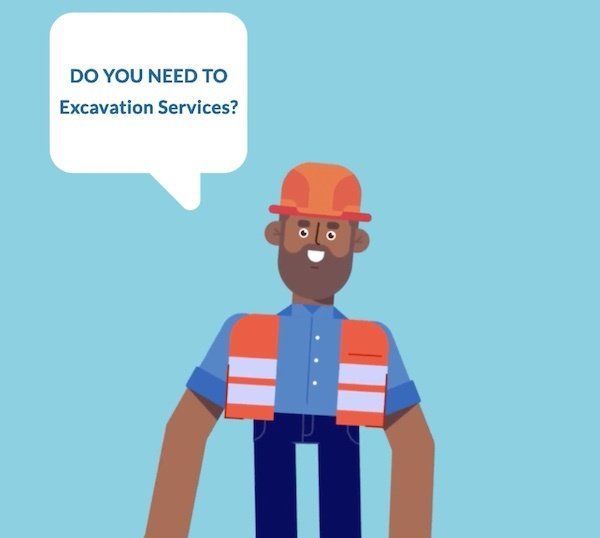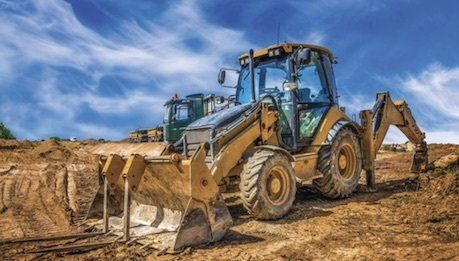Essential Excavation Tools
Essential Excavation Tools
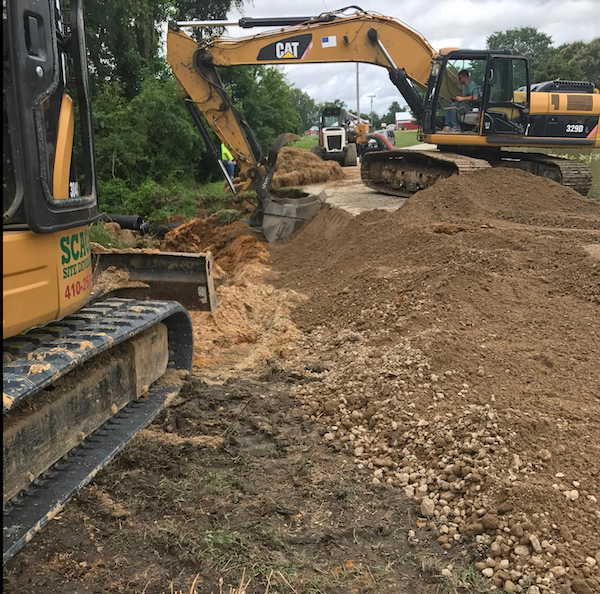
Exploring the Essential Excavation Tools for Your Construction Project
The success of any construction project often hinges upon the proper selection, use and maintenance of excavation tools. From top-of-the-line excavators to more basic pieces of equipment like shovels, each tool plays an essential role in providing a safe, successful work site. Furthermore, it's important for team members to understand what types of excavation tools are available and how they can best be used to tackle the job at hand. In this article, we will explore some of the most important excavation tools required for successful projects today and provide tips on choosing the right ones for your specific goals.
Types of Excavation Equipment
Excavation equipment is an essential component of any construction project. Depending on the size, scope and complexity of your job, certain types of excavation tools are required to complete the task at hand safely and efficiently. Heavy-duty machinery like backhoes, excavators and bulldozers can provide more precise results than manual excavation using shovels or other basic implements; however, larger machines also come with a host of additional costs which should be factored in when planning for a project.
Smaller tools such as ditchers and trenchers are invaluable resources during site preparation projects where severe gradients need to be created or natural topography must be altered; they’re also useful in helping loosen up soil prior to commencement date while allowing workers access to underground utilities such as pipelines that may need repairs or updates. Hydraulic breakers meanwhile can make quick work out of hard rock formations while posthole borers allow workers to create uniformed holes down into bedrock which is especially beneficial when dealing with large landscaping jobs. In addition to these primary excavating tools there are several minor accessories that one should invest in such as rippers for ripping through roots underneath the ground surface plus buckets for digging trenches without having dirt spill out due attached side walls—a commonly overlooked but very important consideration! Hopefully this article has provided some insight into what types of excavation equipment you should include when undertaking your next big construction project .
Factors to Consider When Choosing Excavation Tools
Knowing which excavation tools to use for a construction project is key in having a successful outcome. It’s important to weigh several factors when deciding on the type of equipment needed. Firstly, consider the terrain the project will take place on and the size and scope of it. A high powered tractor or backhoe may be necessary for large trenches or rocky areas that require considerable excavation efforts, whereas a simple spade could suffice for constructing shallow gardens or flowerbeds. Additionally, think about how often you expect utilization as well as budgetary considerations when selecting your tools – renting heavier models may be more cost-effective than outright purchasing depending on usage frequency and duration of time they are needed. Lastly, research product reviews from other customers in order to confirm that the quality meets your particular needs prior to purchase or rental agreements. As such, being mindful of these factors during selection processes can help ensure efficient operations during your upcoming project build-outs while saving time and money in terms of choosing appropriate toolsets..
Benefits of hiring a Professional Excavation Company
Hiring a professional excavation company is often the best way to ensure that your construction project remains on schedule and compliant. A reputable excavation team provides experienced professionals who understand how to use the right type of equipment efficiently as well as which tools should be used in order to avoid potential hazards or delays. Professional excavation companies also employ advanced technology such as 3D, CAD and GIS mapping to help with planning, while they accurately monitor material removal so you know exactly where excavations may take place onsite.
In addition, professional teams have access to all types of productive, specialised machinery along with their expertise in determining the safest routes for approach or travel when working at remote locations for difficult projects. These services ultimately reduce labour costs by eliminating manual processes involved in completing complex construction tasks—including restricted access excavations where water flow control systems are needed or hazardous spoil handling is required. Hiring a reliable professional contractor from Scaggs Excavation and Site Development not only offers those kinds of benefits but can also provide much-needed peace-of-mind during physical work stages, allowing you more time and focus on quality assurance methods and overall management of your build site.

